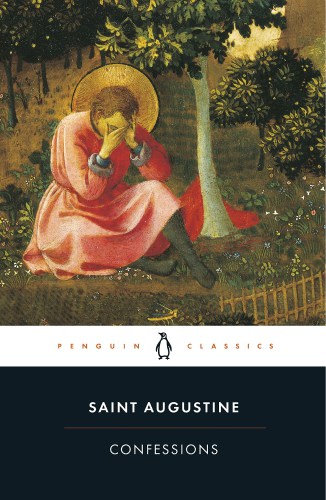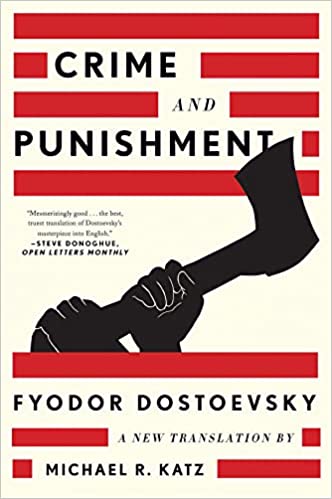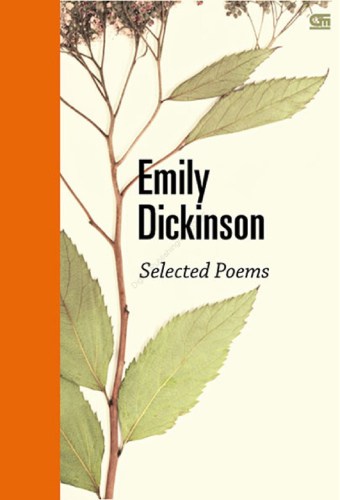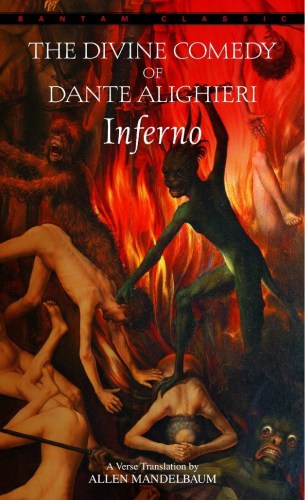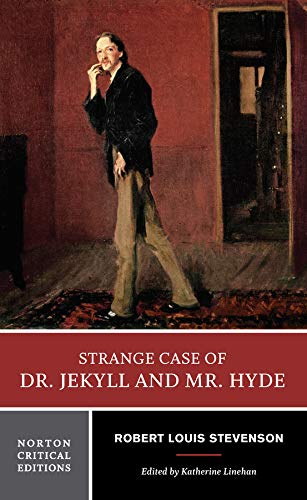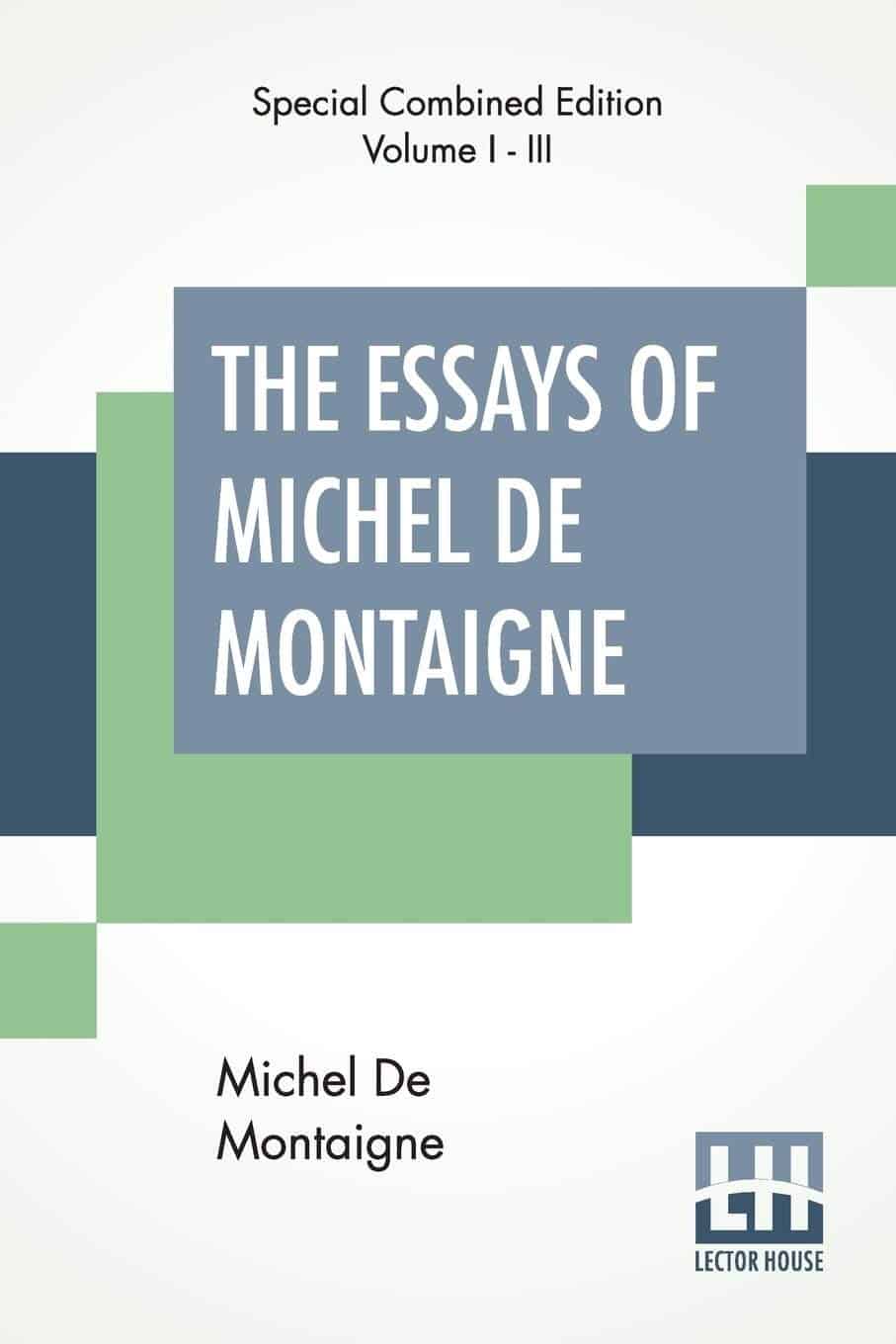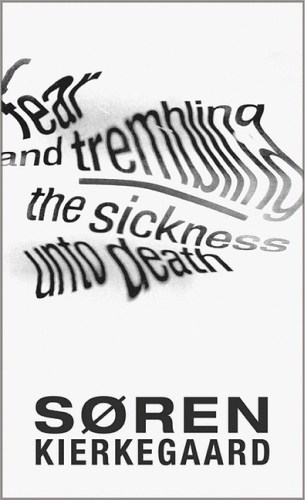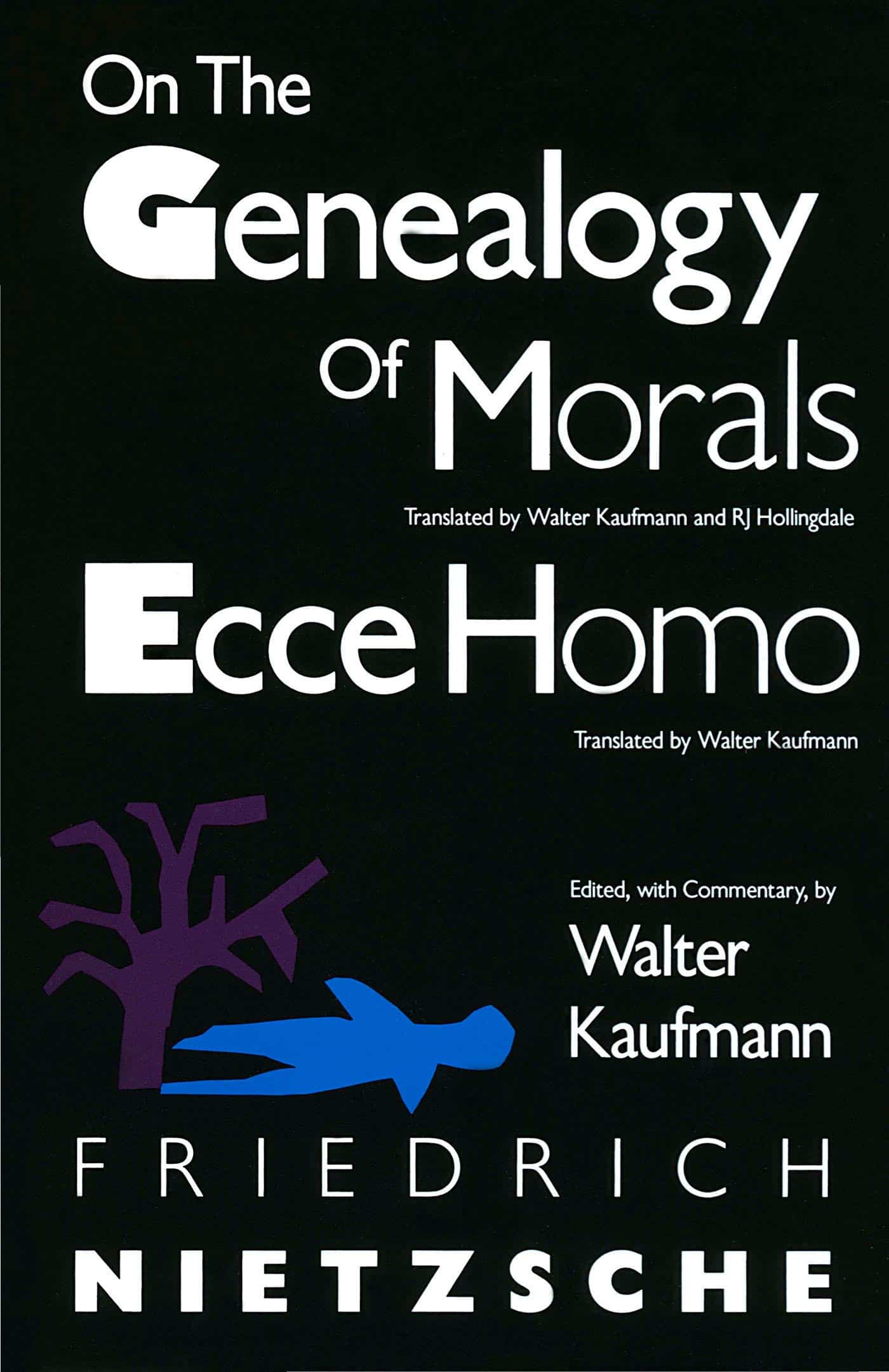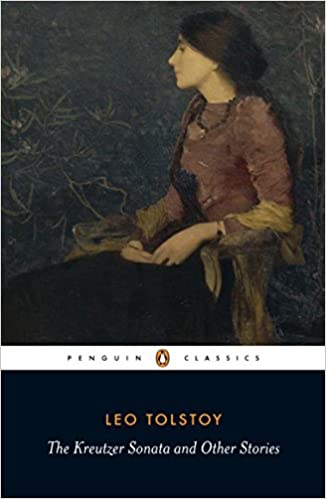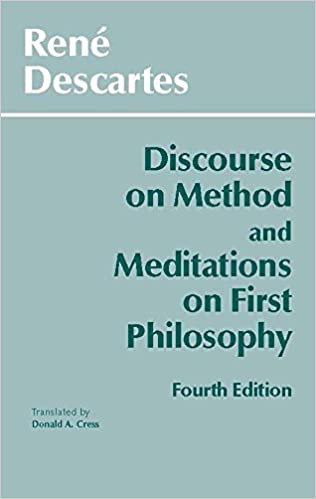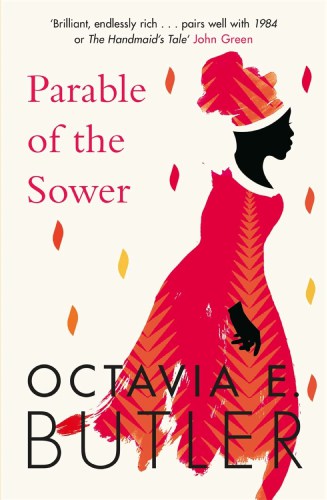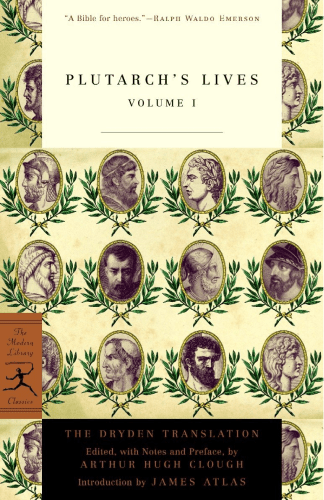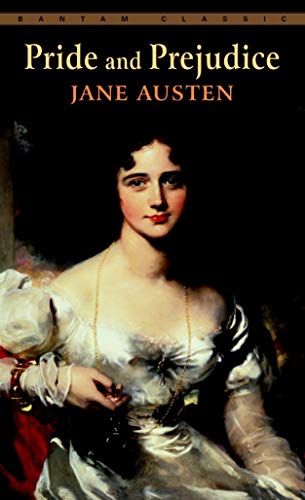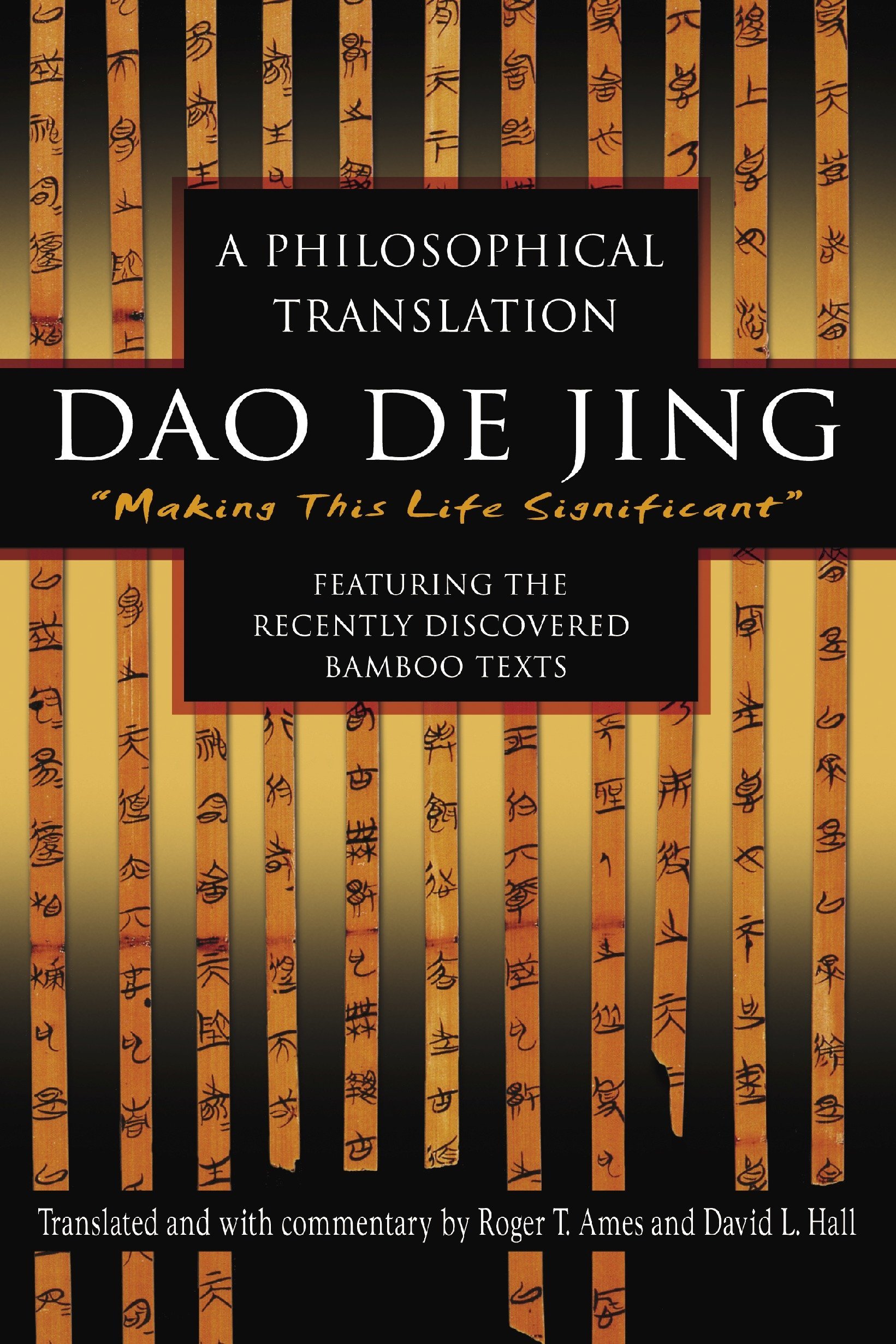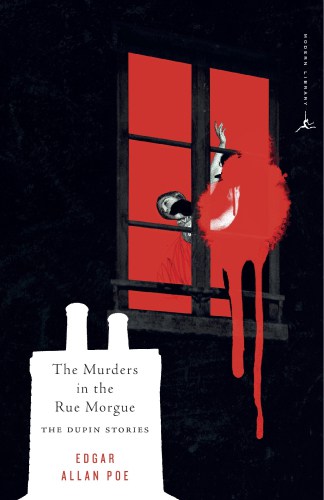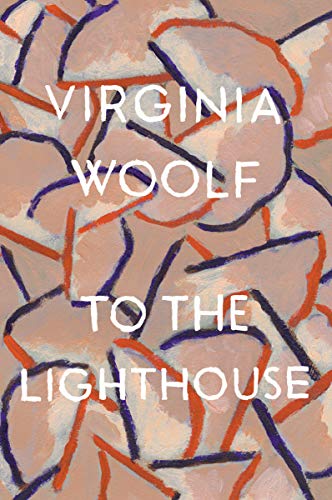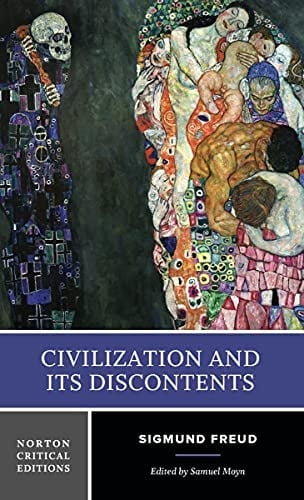
Civilization and its Discontents
Admittedly, Civilization and its Discontents paints a bleak view of the possibilities for both the individual and civilization. In Freud’s view, human beings are caught, seemingly eternally, between a rock and a hard place. But the book itself provides so many opportunities for debate—about religion, which Freud considers a “mass delusion.” About the Arts, which are not something that anyone “would care to put . . . in the background as trivialities” but which are also “useless” and “with no practical value whatever.” About love. About suffering. About addiction. At its core, the book invites a debate about basic human nature—are we capable of transcending aggression? Is our core hostile and selfish?

